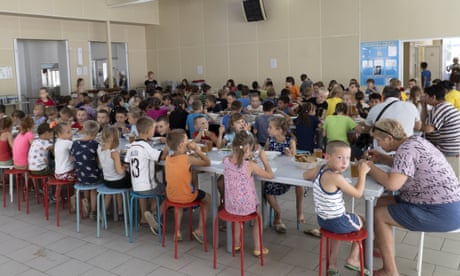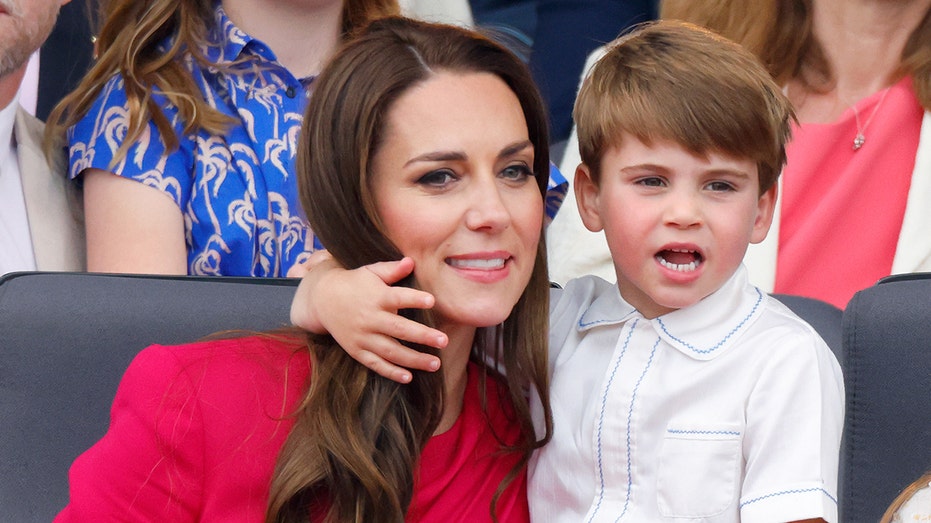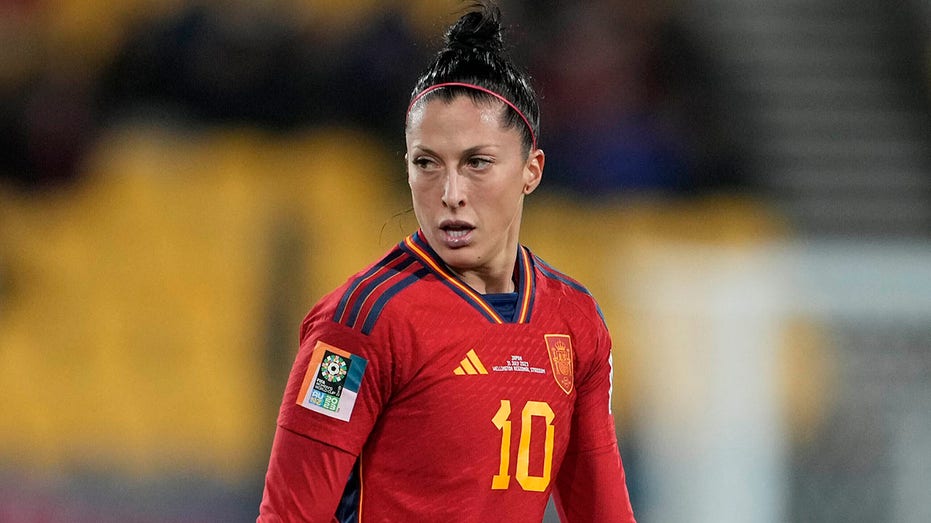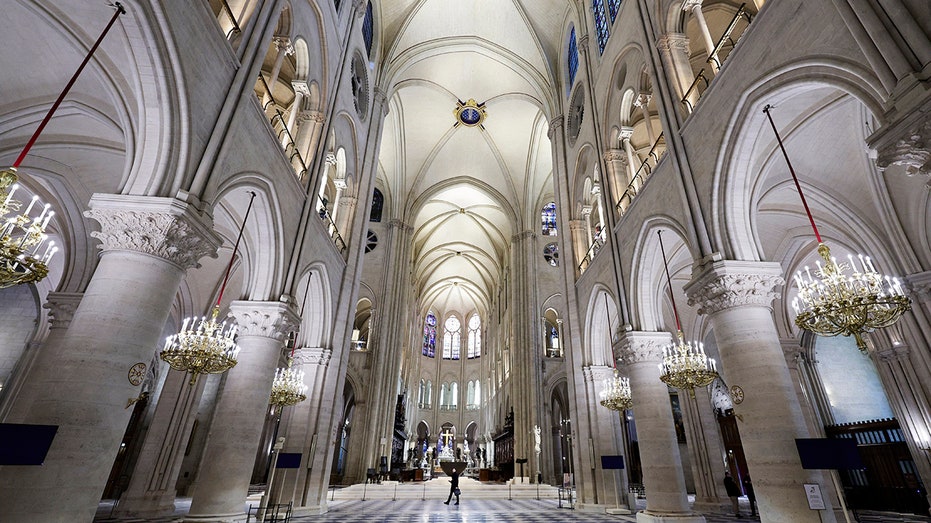- by foxnews
- 04 Feb 2025
‘We had to hide them’: how Ukraine’s ‘kidnapped’ children led to Vladimir Putin’s arrest warrant
‘We had to hide them’: how Ukraine’s ‘kidnapped’ children led to Vladimir Putin’s arrest warrant
- by theguardian
- 19 Mar 2023
- in news

Sipping his tea at one of the few cafes still open in the battered Ukrainian frontline city of Kherson, Volodymyr Sagaydak shows a video of the day four thugs from the Russian FSB security services arrived at the city's main orphanage, where he is a staff member. Kherson was liberated in November after eight months of occupation, but is pounded every day and night by Russian artillery from the visible left bank across a narrow stretch of the Dnieper River.
We meet just a few days before the international criminal court issued warrants for the arrest of Russian president Vladimir Putin and Maria Lvova-Belova, his commissioner for children's rights, for directly supervising the atrocity of kidnapping Ukrainian children for "adoption" and "re-education" in Russia.
The armed Russians who arrived at the orphanage - two masked in camouflage, two in black - were captured on CCTV; once inside, the camera shows one keeping guard outside the room where records are kept, while the others go inside to search through files. This was 4 June 2022, and the orphanage was by now empty - thanks to a mixture of courage and ingenuity by the staff. But that was not the end of the story.
This is more than just a military frontline: this orphanage is one of many stories in this outrage - among the many in Russia's invasion of Ukraine - and now an unprecedented matter at international law, reaching to a head of state. According to the Ukrainian government, 16,226 children have been deported to Russia, of whom 10,513 have been located, and 308 have returned.
A report last October by Yale University Human Rights Lab, citing a vast range of open sources in Russia and Ukraine, traces many reasons for their abduction: including so-called "evacuation" from state institutions such as that at Kherson, transfer of children to camps - often in Crimea - sometimes with parental consent, whether coerced or not.
Interviewed by the Observer in Kyiv, the government ombudswoman for abducted children, Daria Gerasimchuk, adds further "scenarios": "They kill the parents, for whatever reason, and kidnap the child. In other cases, they just grab the child directly from the family, perhaps to punish that family. Others go through the appallingly named 'filtration camps' - collected, indoctrinated and prepared for 'adoption' of the kind that commissioner Lvova-Belova has herself boasted."
When Kherson was occupied in February 2022, says Sagaydak, "we had 52 children here - 17 actual orphans, and others here for different reasons - troubled families or some such.
"We knew the Russians were taking children, and had to hide them, like conspirators running a clandestine operation. Even some of the neighbours didn't know they were here."
The children were fed by runners, some of whom were arrested, and allowed into the courtyard for 15 minutes a day.
"Staff hoped for three months that our army would somehow evacuate them," Sagaydak continues, "but when it became apparent this would not happen, we made arrangements for those with living relatives to be slipped out to grandparents, friends or neighbours." This left the 17 actual orphans, who were spirited out and taken home by staff. One lady, a teacher, took three, aged three, seven and eight. "It took all we had," says Sagaydak. "We had to falsify documents and stories to go through the Russian checkpoints."
It was tense, high drama: "Another woman here, aged only 30, took five, which could not possibly have been hers, so we made up a legend that she was helping her pregnant sister while she gave birth. We had to invent all the medical records, and worried when a driver turned up who was not the one we had planned. But when they were stopped, and the untrustworthy driver even told the true story, the kids managed to outwit the occupying soldiers."
Our conversation is punctuated by shells landing in the city. Exhausted soldiers in heavy combat gear come into the cafe for a break and coffee.
When the Russians came to the orphanage, continues Sagaydak, "all the documentation leading to the children had been hidden", though they took other materials. But then, on 15 July, the Russians returned, with 15 more children to be cared for, brought from the then ferocious frontlines between Kherson and Mikolaiv to the north. There were 11 boys and four girls, aged seven to 16, "with various mental disorders", who were duly taken in.
Come 19 October, the Russians began preparing for their retreat from Kherson, "and the so-called evacuation of children. There was no way I could hide 15 children, under supervision." Sagaydak protested: "If I don't know their destination, I cannot let them go. They lied to me; they said they were going to Genichesk, on the Azov Sea. But when I asked the driver where he was going, he replied: 'Crimea'."
Some days later, contact was made with the director of a special school in occupied Novopetrivka, towards Mariupol, who had "accompanied the children for three days, and had traced them to the town of Anapa, in the Krasnodar region of Russia". At that point, "volunteers" were called in to try to get the children returned.
The Ukrainians are understandably secretive about the networks helping to locate the children. Diplomatic sources suggest an ingenious involvement by some western government agencies, rival Ukrainian and Russian branches of the Orthodox church and evangelical missionaries and volunteers working astride the frontlines and Russo-Ukrainian border. So far, the International Committee of the Red Cross appears not to be directly involved. Gerasimchuk denies any cooperation with the ICRC.
Sagaydak inevitably declines to reveal who he dealt with, but says that the children were transferred to Tbilisi in Georgia, and "returned to Ukraine 10 days ago - they are back in Mikolaiv". An undisclosed number of other children from Kherson, says Gerasimchuk, "are still being sought".
In one case under investigation, the Observer learned that in Kherson, 28 children hidden in the crypt of a church were revealed by local collaborators and abducted.
Gerasimchuk's office is in a former centre for deaf children surreally located behind a dinosaur theme park on the outskirts of Kyiv. There, she elaborates on the taking of children to supposed "camps for health and rest", to which parents sometimes consent, whether coerced, or just to keep their children safe from relentless shelling. "They're taken to occupied Crimea or Russia," says Gerasimchuk, "sometimes passed from camp to camp, and the date for their return passes, with no sign of them being released."
She adds: "We believe that some of them are not camps at all, but psychiatric institutions."
As territory was ruthlessly occupied in February 2022, she explains, "The Ukrainian government was able to rapidly evacuate children from the east and south. But of course not everyone. This is an old story with Russia: all this was a chaotic situation, but they had a plan, to be executed - and they did so. We still do not know how many children were abducted from Donetsk and Luhansk during the occupations of 2014.
"The numbers are not final," Gerasimchuk adds. "They are the best estimates we can make." She plays a widely circulated video of a 12-year-old called Olesandr, abducted from Mariupol to a filtration camp to the east, who was told his mother did "not need" him, and that he would be placed with foster parents in Russia. For obvious reasons, she says, "the children themselves are not ready to talk to the press". Now they are witnesses in an international criminal investigation.
After the warrant was issued, I returned to see Gerasimchuk, who said that she "had held one or two meetings" with representatives from the ICC, and that the government's position was to push for the cases of abducted children to be "part of a case for genocide, though we are aware of the higher burden of proof". The government and her agency were, she said, "working out how the configuration of co-operation with the ICC will proceed".
It is notable that the ICC's first warrants concern children and damage to civilian infrastructure, rather than massacres at, say, Bucha or Mariupol. Among the most effective independent experts investigating Russian war crimes, Nataliya Gumenyuk of the Public Interest Journalism Lab in Kyiv, says: "This is probably to do with establishing the chain of command. It's harder to make the connections from this crime to that commander, up the ladder. But with children, there it is: 'filtration' camps - filtering who? The Russians have condemned themselves from their own mouths on this." But on genocide, she cautions: "As any good lawyer knows, that is the high bar."
- by foxnews
- descember 09, 2016
Travelers flock to top religious landmarks deemed 'most Instagrammable'
Travelers visiting religious landmarks across the world may see a photo opportunity that's worthy to share on social media. Here are 10 popular spots, plus some attractions in the U.S.
read more


